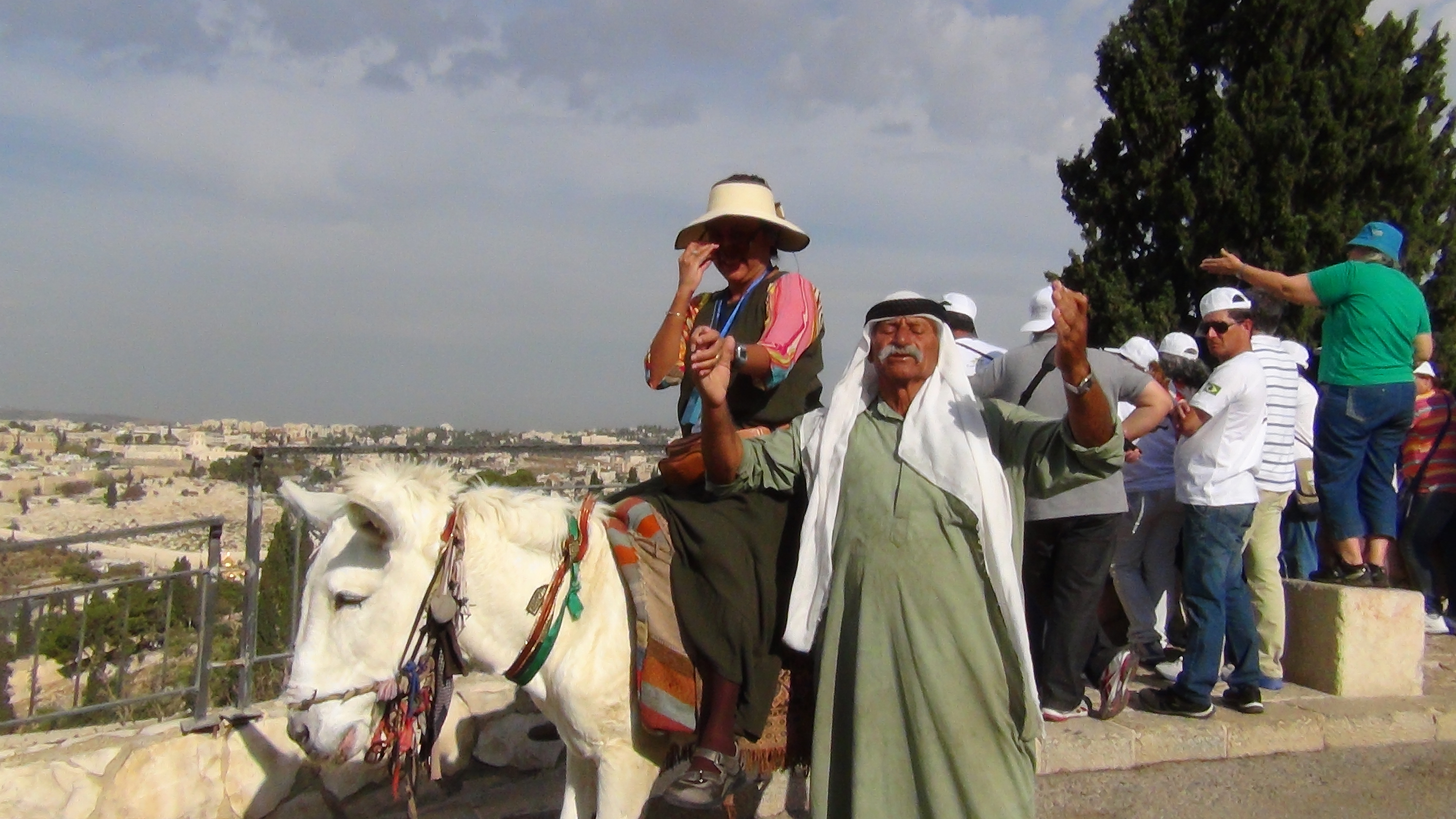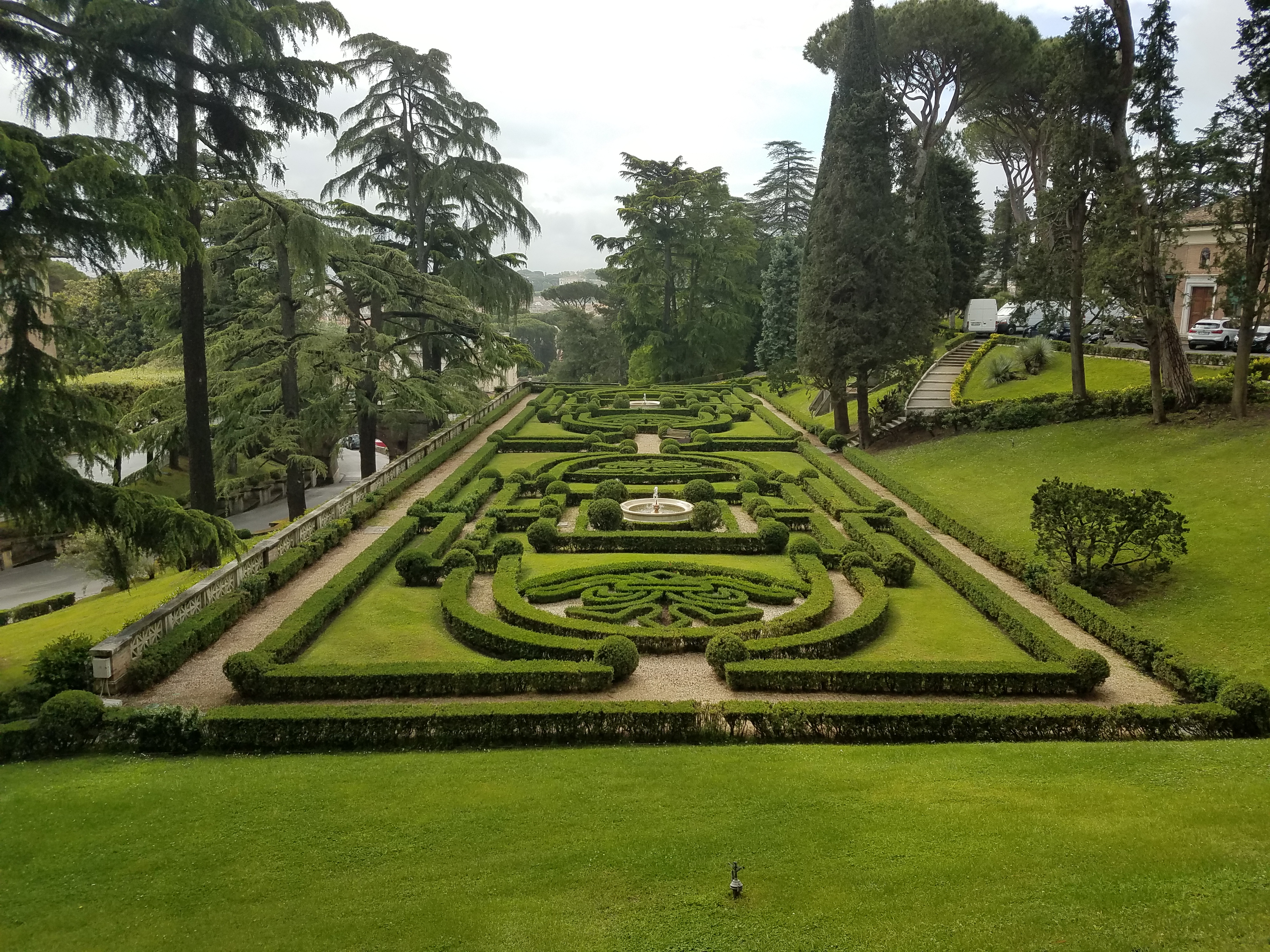Wis. 18:6-9; Ps. 33:1, 12, 18-22; Heb. 11:1-2, 8-19; Lk. 12:32-48
Ready by faith! Abraham was ready by faith to obey “when he was called to go out to a place that he was to receive as an inheritance…not knowing where he was to go.” By faith, Abraham a man “as good as dead” and Sarah “herself was sterile” were able to have a child, Isaac and by faith he was ready to offer his only son as a sacrifice. Are we ready to live by faith in the sure hope of things not seen? We were not there to see the resurrection of Jesus and yet by faith we believe not only in his resurrection but in ours to come. Faith builds up our readiness when we act on our faith.
Here lies our dilemma, we say we have faith but we act as if we trust only in ourselves. Our readiness to respond to God depends on living our life, all our daily acts believing in him, having his presence active in our lives. If we recognize him in our daily walk, caring for us, loving us, nudging us, or stopping us in our tracks even when we thought we knew what we wanted then we stand ready to hear his voice and respond by faith to his command.
Ready by faith requires a willingness to surrender to God and live according to his will. This does not mean we are to act as helpless humans in our dilemma, to the contrary we act in faith according to the teaching of Jesus. Today Jesus gives us a teaching on who is a “faithful and prudent steward”. Who is the “servant of the Master” in charge of his “servants”? First of all, we are all God’s servants and we are all entrusted with the responsibility to care others. As servants we walk with God taking the right next step. Too many people say “I follow my conscience.” The word “conscience” implies a “unity” as “con” means “with” and “science” means “thinking”. Thus, who are we thinking with, God or the world? United to God in the teachings of Jesus we are ready by faith to take the right next step.
Parents are in charge of God’s children. Parents are responsible “to distribute the food allowance at the proper time”. This responsibility is not simply the meal on the table but the spiritual food in raising children according to the faith. Unfortunately, there is an attitude of minimalism when it comes to our faith. We send our children to school and to church but are we involved in what they are learning from others to shape their faith, their understanding of themselves and of this world. If we don’t engage them others will and social media is like a snake in the wilderness of society full of poison. In each stage of life there are Godly lessons to learn.
The Church is responsible to “distribute the food allowance at the proper time” in the sacramental life of the people of God. Today it is popular to say “I’m spiritual, I’m not religious”. Unless your dead that statement is an oxymoron. Spirituality is lived in the totality of our humanity, body, soul, and spirit. How spiritual is someone who has diarrhea or diarrhea of the mouth? It runs but has no substance of Godly value. Humanity is ritualistic from the moment we get up to how we get to bed we establish order and purpose in our actions. The Church has order and purpose guided by the Holy Spirit in its distribution of the sacraments. You can also be spiritually demonic and even that has a religious practice. Don’t be fooled by the promotion of humanism that tries to make everything about “you” as spiritual.
Ready by faith is a practice of virtues guided by the Holy Spirit. In baptism we receive the Cardinal virtues from the Holy Spirit to guide the soul of a child from the beginning of their earthly pilgrimage. The virtues of prudence for right judgment, temperance for right balance, fortitude for right exercise of power, and justice for right action. The more we live our virtues the more ready we are to gain even greater virtues in generosity, charity, humility, going deeper into the true spirit of faith in action.
Ready by faith is living according to the spiritual and corporal works of mercy. It is Agape, the love of neighbor as yourself. It is being Christ according to the gifts we have received as “servants of God” for the care of others. As Christians by our baptism and the gift of the Holy Spirit we come to know our “master’s will” and those who fail to answer the call “shall be beaten severely”. Only the ignorant of the master’s will “shall be beaten lightly” for failing respond to the will of his master. This “beating” we can image in the context of purgatory as we are reminded in Malachi 3:2-3, “But who can endure the day of his coming? He will be like a refiner’s fire.”
We are reminded that nothing impure can enter heaven. The Lord will forgive our sins completely when we seek his forgiveness but the impurity of our human condition must also be cleansed of our imperfections and make atonement for unforgiven sins for failing to confess. Today we can offer up our spiritual and corporal works of mercy in atonement for our sins and receive the grace of purification as we come to be the master’s good servant.
Ready by faith is not dormant but actively leading us to truth, goodness, beauty, and unity. Ready by faith begins with prayer, a daily walk and talk with God. It includes the “sure knowledge of the oaths in which they put their faith”. This knowledge can be summed up as salvation history and the “oaths” as the promise of God realized in the person of Jesus’ passion, death, and resurrection to be with him in heaven. We are blessed to be “the people the Lord has chosen to be his own”. As a chosen people our humanity gets us through the desert of life with Jesus as our companion to see the promise land at a distance from this life. Faith gets us across the bridge into the unseen glory waiting for those who believe.
The Lord will deliver us from death and preserve us in spite of the “famine” of this world and all its suffering. We hunger for truth, goodness, beauty and unity in our life, our family, our society but the world will never be the answer. God is the answer to our hunger, the beginning and the end all of our search. In faith we offer ourselves up and all our daily labor for what is hoped for and wait upon the Lord who provides the evidence of things not seen. The evidence comes in answered prayer, it comes not by accident but by divine providence and it comes in the unseen realization that by the grace of God we are here, we exist and we have a divine purpose to live that will set us free. We are reminded we are no longer slaves but heirs to the kingdom. We are ready by faith!











Recent Comments